Hey there, fellow dog enthusiasts! Today, I’m diving into a fascinating concept that’s revolutionising the way we look at your dog’s nutrition, not what you feed but rather “existential food.” This term refers to the fundamental sustenance required by dogs to survive and thrive. It’s not just about feeding a dog to keep them alive but understanding the deeper significance of their meals in shaping their mental and physical well-being.
Philosophy and Ethical Considerations:
Balancing a dog’s nourishment while honouring their natural instincts led me on a quest to redefine mealtime. How can we empower our dogs to choose while ensuring their nutrition remains top-notch? The approach towards feeding dogs involves a delicate balance. It’s crucial to ensure their health without overfeeding, which can lead to obesity-related health issues. Dogs naturally fast or reduce food intake based on various factors, contributing to their motivation and mental health.
Understanding Hunger Cues:
Understanding a dog’s signals around mealtime is an art of observation. Deciphering their cues, whether through energy levels or body language, aids in comprehending their hunger signals. When a dog shows disinterest in their food or doesn’t consume it entirely, it could indicate a voluntary fasting period is appropriate.
Health Benefits and Well-being:
Periodic fasting in dogs contributes significantly to their health. It prevents obesity, reduces health risks, and helps dogs develop physical and mental resilience. Balanced energy, hormonal levels, and stable behaviour patterns are observed in dogs following this approach.

Balancing Freedom and Responsibility:
Navigating mealtime is like a dance between freedom and nourishment, by balancing nutrition while allowing dogs to make mealtime choices is crucial. Offering food and observing their response allows for a deeper understanding of their fasting cycles, promoting healthy eating habits. One of the ways I use Positive Reinforcement (or Primary Reinforcement) is my dog’s existential meals, see it as a way to motivate my dog’s learning and when I want to encourage or create behaviours that is mutually beneficial and to teach obedience commands. If my dog chooses to fast themselves and not pursue the food via the wanted behaviours, then I simply remove the food and try again at the next meal opportunity.
A personal note: If you deliver your dog from the consequences of their actions, then you will be enabling your dog’s bad/unsafe/unwanted behaviours, and thus preventing them from learning, growing and adapting – which will be a disservice to them in the long run.
Educating Others:
I believe what Brené Brown said – ‘we must take learning into our own hands’. It is your responsibility to experiment and compare the benefits of food fasting for your dog to see its effect. As they say ‘the proof is in the pudding’, as I say ‘the proof is in the dog’.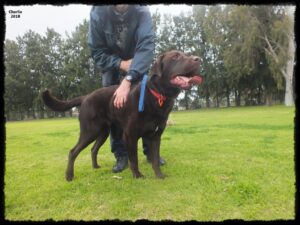
Personal Experience:
In my journey, mealtime rituals transformed into invaluable lessons. Observing how animals fast in the wild helped to dispel myths about starving versus fasting and strengthened my understanding of this feeding approach. From using meals for learning and training of skills we needed from many dogs; I witnessed many dogs’ growth and it has been remarkable.
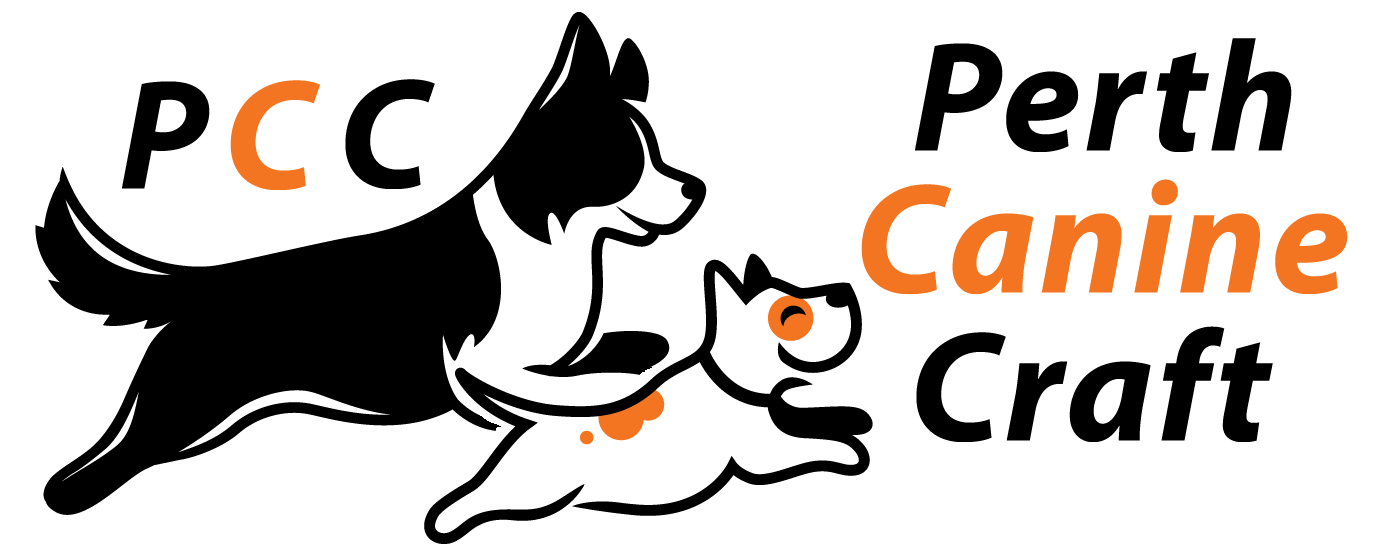


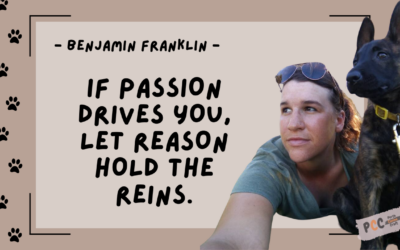
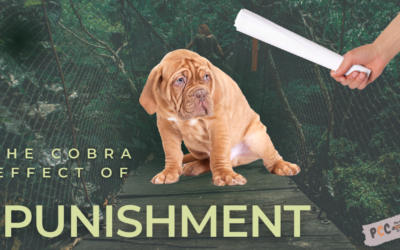
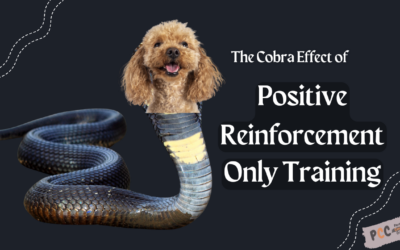
0 Comments